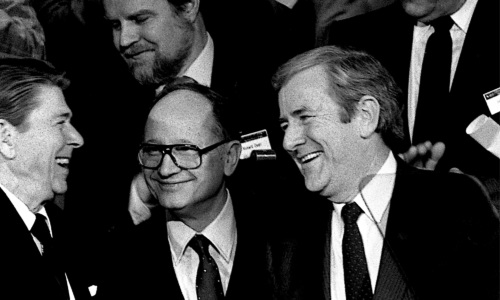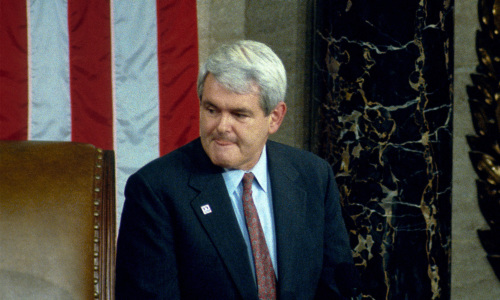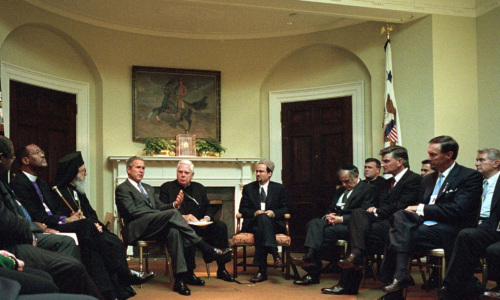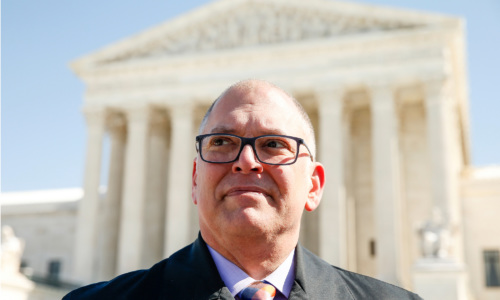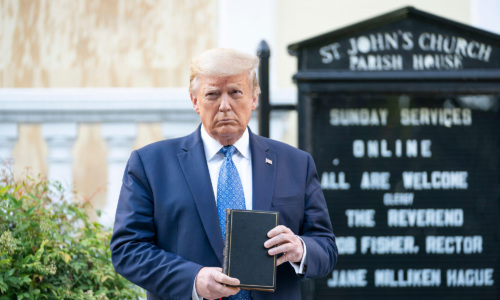At its core, the separation of church and state is about equality. It ensures that all people—whether they are religious or not—are treated the same. That means everyone has the promise of equal access to hospitals and medical care, public schools, and government services—full civil rights regardless of their religious beliefs. The separation of church and state gives all of us the freedom to live as ourselves and believe as we choose. As colonial-era Baptist preacher John Leland so aptly put it in 1791 true religious freedom allows “every person speak freely without fear, maintain the principles that he believes, worship according to his own faith, either one God, three Gods, no God, or twenty Gods;” and the government will protect us in doing so.
The separation of church and state is a fundamental principle promised in the Constitution of the United States. The Constitution, despite what white Christian Nationalists might say, is a wholly secular document. It contains no mention of Christianity or Jesus Christ. In fact, the Constitution only refers to religion twice: in the First Amendment, which bars laws ‘respecting an establishment of religion or prohibiting the free exercise thereof,’ and in Article VI, which prohibits ‘religious tests’ for public office. Both of these provisions are evidence that the country was not founded as officially Christian.”
Why did America’s Founders insist on separating religion and government?
Before The Constitution was written, combinations of religion and government were common throughout much of human history. Some countries had official churches while extending religious tolerance, but that’s not separation of church and state. Until America’s founders crafted the First Amendment, no nation had dared to put an official distance between religion and government.
Our Constitution guarantees a secular government; it does this in part to protect religious freedom for all. That’s why religious leaders have backed church-state separation from the earliest days of the American colonies to the folks who founded AU, to the clergy on AU’s Faith Advisory Council today. True religious freedom needs this separation.
Issues protected by church-state separation





